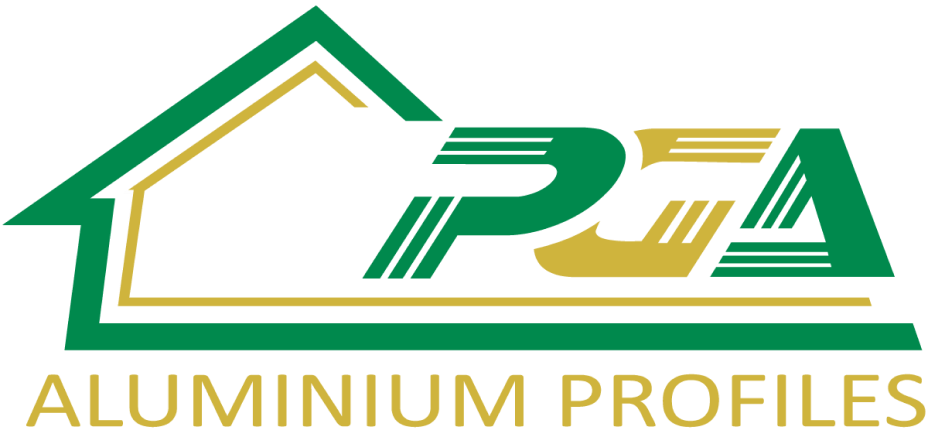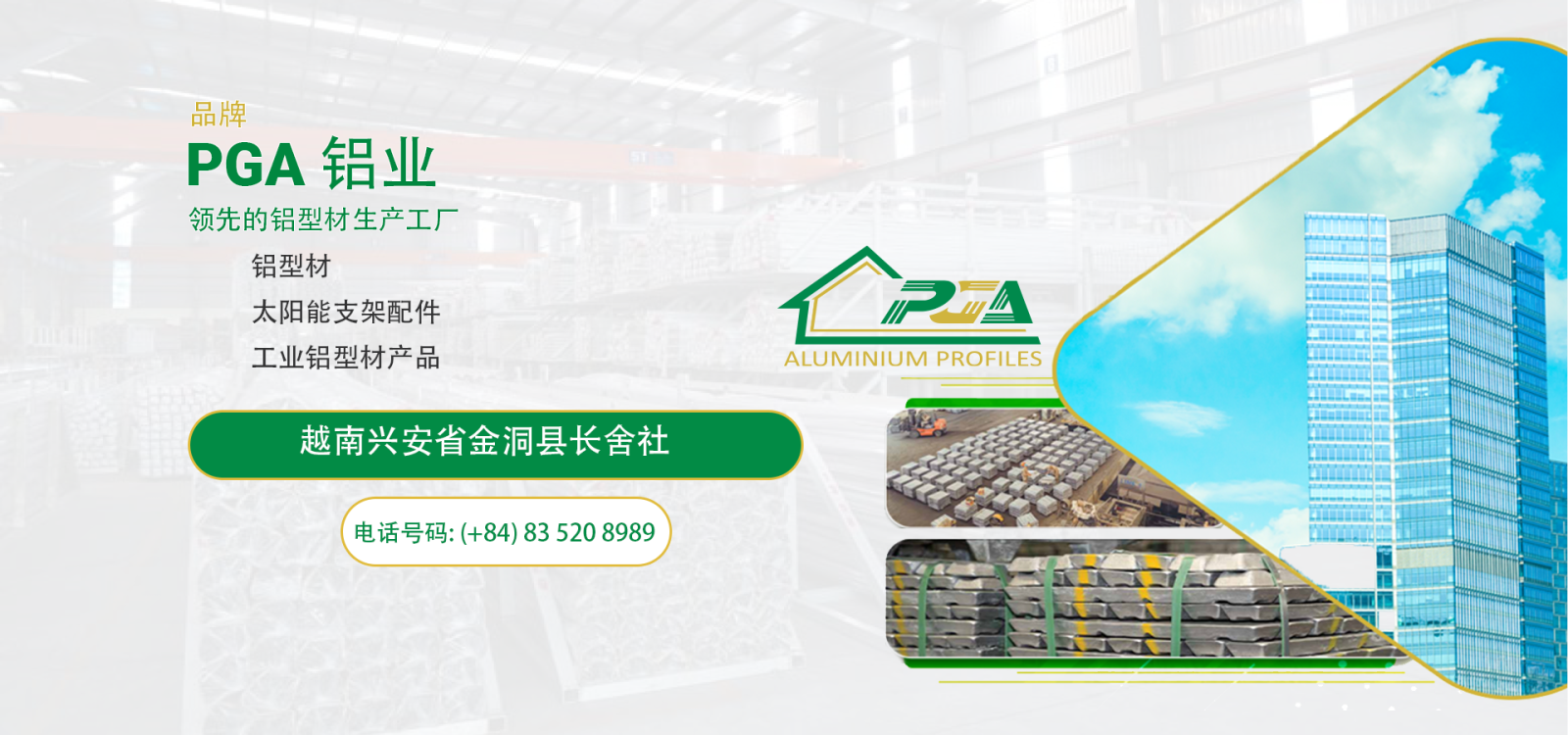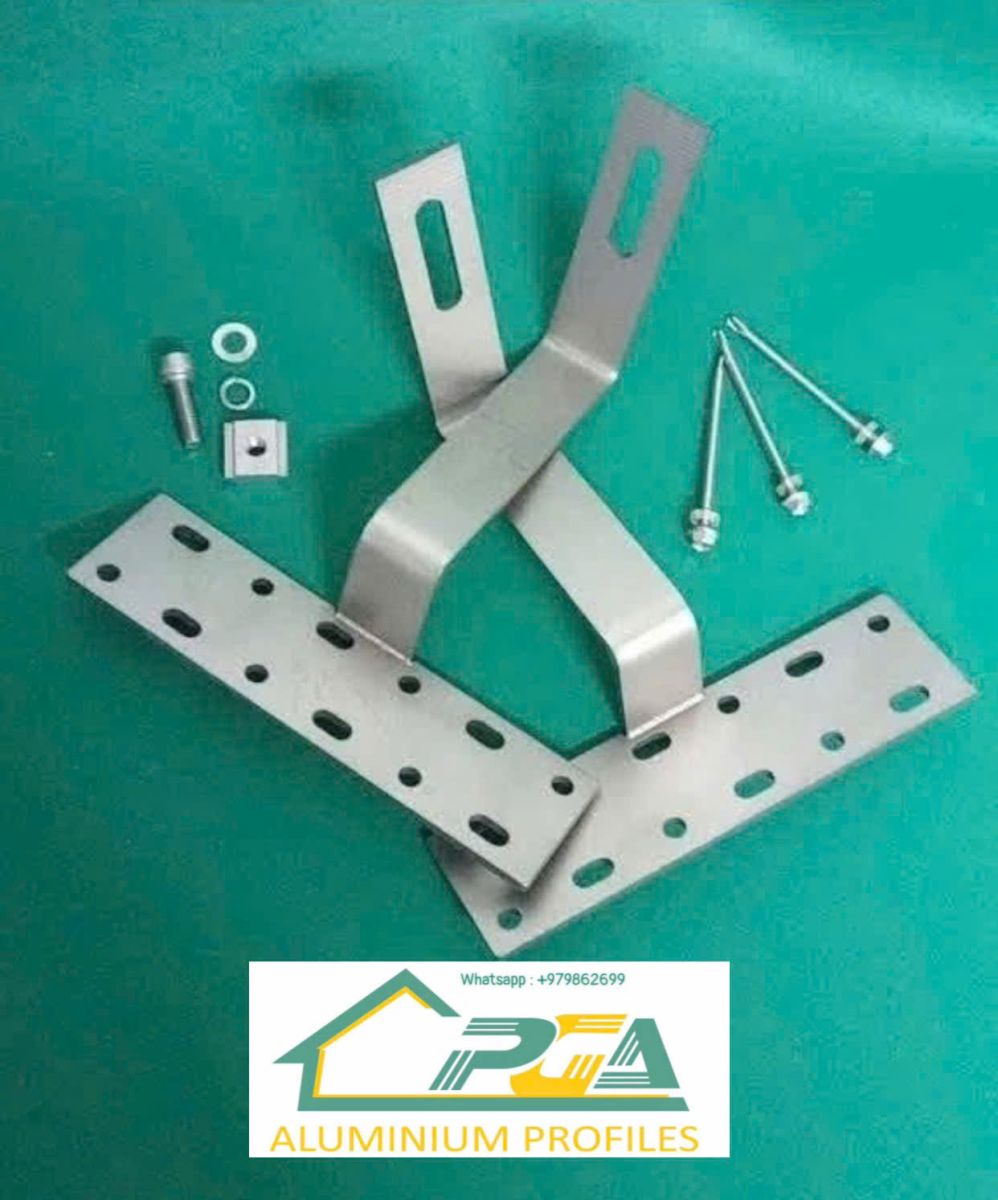Aluminum profiles, also known as aluminum profiles, are an important material in many industrial and construction fields. Thanks to its outstanding properties such as light weight, high durability, easy processing and good corrosion resistance, aluminum profiles are increasingly becoming an indispensable choice in modern architectural, mechanical and industrial works. With flexible design capabilities, aluminum profiles not only bring aesthetic value but also help optimize performance in many different applications.
.png)
Characteristics and Properties of Aluminum Profiles
Aluminum profiles possess many superior properties, making them an ideal material in fields from construction to industrial manufacturing. Below are the important properties of aluminum profiles:
Light weight, high durability: Aluminum has a specific gravity of only about 1/3 of steel, helping to reduce the load on the construction but still ensuring the necessary strength.
Outstanding corrosion resistance: Aluminum has a natural oxide layer that helps resist environmental corrosion, especially in humid climates or chemical environments.
Easy to process and shape: Aluminum is highly flexible, easy to cut, drill, weld, bend, or cast into many different shapes, suitable for production and installation needs.
Good electrical and thermal conductivity: With electrical conductivity second only to copper, aluminum profiles are widely used in the electrical and thermal industries.
Diverse surface treatments: Aluminum can be treated by anodizing (anodized aluminum),powder coating, or wood grain pressing to increase aesthetics and durability.
.png)
Aluminum Profile Production Process
Aluminum profiles are produced through a strict process to ensure high quality and precision. This process includes the following main steps:
Smelting and alloying: Pure aluminum is combined with elements such as silicon, magnesium, copper, zinc to create alloys with mechanical properties suitable for each specific application.
Aluminum billet casting: Aluminum alloy is cast into long billets to prepare for the forming process.
Extrusion: Aluminum billets are heated to the appropriate temperature, then pressed through a mold to form the desired design.
Heat treatment: Aluminum profiles after pressing are heat treated to increase hardness and durability.
Surface finishing: Aluminum profiles can be surface treated by anodizing, powder coating or protective coating to increase longevity and aesthetics.
Applications of Aluminum Profiles in Practice
Aluminum profiles are widely used in many industries due to their flexibility and high durability. Some common applications include:
In construction and architecture: Aluminum profiles are used to manufacture doors, windows, partitions, glass facades, roof frames, railings, and interior and exterior decorative structures.
In the mechanical industry: Aluminum profiles are an indispensable component in the production of machine frames, conveyors, scaffolding, and factory structures.
In the automotive and aviation industries: Thanks to their light weight but still ensuring durability, aluminum profiles are used in the production of car frames, reinforcing bars, and interior structures of cars and aircraft.
In the renewable energy industry: Aluminum profiles are used as support frames for solar panels, helping to optimize light absorption and increase operating efficiency.
In furniture manufacturing: Aluminum profiles are also used to make cabinet frames, shelves, tables and chairs, helping to create modern, durable and easy-to-assemble products.

Criteria for Choosing Aluminum Profile Suppliers
To ensure the quality of the project and its performance, choosing a reputable aluminum profile supplier is extremely important. Here are some criteria to consider:
Product quality: The supplier must provide aluminum profiles that meet international quality standards (ISO, ASTM, JIS, ...) with clear technical specifications.
Origin and certification: You should choose a manufacturer with a clear origin of raw materials and provide full quality inspection certificates.
Supply capacity: Ensure that the supplier is capable of meeting large quantities in a short time, avoiding affecting the project's progress.
Technical support services: A reputable supplier needs to have a team of professional consultants to support customers in the process of product design, construction and maintenance.
Reasonable price: Consider quality and price to ensure cost optimization while still ensuring the best quality.
Conclusion
Aluminum profiles are important materials in many fields thanks to their outstanding properties of durability, light weight, flexibility in processing and application. Choosing the right aluminum profile will help optimize performance, improve construction quality and save costs. When deciding to use aluminum profiles for projects, carefully consider the product quality and reputation of the supplier to ensure long-term effectiveness.
Contact information:
Phone: 0946956869
GMAIL: pgaaluminiumprofiles@gmail.com
Website: pgaaluminium.com
 Tra cứu đơn hàng
Tra cứu đơn hàng










